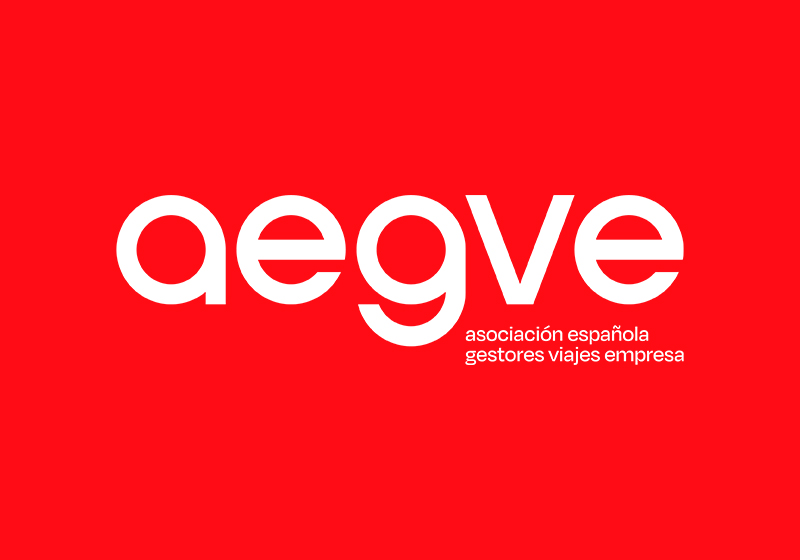Airport queues, axed flights, soaring ticket prices. The list of woes for business flyers and holiday-goers is growing longer. Smarter travel may be your saving grace.
If you haven’t experienced it yourself, you will probably have heard about the reigning chaos at European and US airports. Air travel seems to be back, but airports and airlines can’t keep up. After laying off thousands of workers during the pandemic (10,000 cabin crew for British Airways, 4,000 ground service staff at Frankfurt Airport), hiring them back has not been easy. The British airline BA plans to rehire only a third of the 10,000 staff let off during the pandemic.
The shortage of workers explains the thousands of axed flights departing from Europe’s biggest airports. None of the main hubs were spared. The usual suspects – London Heathrow, Paris Charles de Gaulle and Amsterdam Schiphol – all made headlines this month for the same reasons: canceled flights, abandoned luggage, hour-long security queues.
And the turmoil witnessed at airports is not set to ease. Airport executives predict normality won’t return for another few months. The Dutch carrier KLM has just announced that until 28 August, 10 to 20 return flights to European destinations will be canceled each day.
Meanwhile, ticket prices are silently creeping up. Spain-loving Brits have seen their cherished London-Alicante route triple in price since last year. Businesses will also start to feel the pinch. Intra-European business class fares booked to date for the months of July to September 2022 are 33% higher than in 2019. Transatlantic business class passengers will have to pay 16% more in Q3 of this year, compared to 2019. Maintaining reduced levels of corporate travel seems a particularly wise – but also easy – way to save costs.
The two main culprits behind rising ticket prices are wage increases and booming oil prices. The main trade association of the world’s airlines, IATA, says tight labor markets and skill shortages are contributing to upward pressure on wages. As a result, they expect a 7.9% rise in the wage bill in 2022, compared to last year.
The carbon-intensive aviation industry has also been hard hit by rising oil prices. IATA calculates that airlines will have to pay a total $192 billion for fuel in 2022 – roughly a quarter of overall costs, up from 19% last year. Ryanair CEO Michael O’Leary said he expected oil prices, coupled with environmental charges, to push average ticket prices up by at least 25%.
Corporate flyers may not always notice the hike in prices – but corporate travel managers certainly have. They will also bemoan airport turmoil. Canceled flights and delays at airports are a headache for businesses and business travelers, as productivity and time lost to no purpose. Cancellations leave travelers stranded, sometimes having to add extra days on trips before they are back in the office or at home. The added stress on the employee also builds up.
The privileged few have paid and polluted their way out of this. Recent reports show that private jet use has soared. During the pandemic, private jets users preferred this mode of travel to avoid airport security, crowds and COVID risks. Most recently, the chaos at airports explains higher booking of private planes.
But the environment cannot sustain such luxury travel.Transport & Environment finds that private jets are five to 14 more polluting than commercial planes per passenger, emitting two tonnes of CO2 in a single hour.
The practice is exclusive and hyper-expensive, and favors the C-suite over other employees. It sheds light on the enormous disparities between C-suite and the rank and file. Reports show that in the US, spending on private jet use for executives hit a decade-high last year. It rose 35 per cent to $33.8mn among S&P 500 groups in 2021, with Facebook CEO Mark Zuckerberg standing out among the highest spenders. The reputational damage for businesses, and especially their executives, and extortionate costs is unsustainable in the long term.
All these factors are coming on top of aviation’s fundamental sustainability dilemma. Between 2005 and 2019, aviation traffic in Europe grew 67%, causing its emissions to grow at a time when they need to be falling – and emissions are projected to grow by a further 38% by 2050. Business travel is a major contributor to the problem as it represents approximately 30% of all air travel emissions in Europe.
The pandemic saw the number of flights fall dramatically and we learned about how we could live and work in better ways. With considerably less flying, companies continued to deliver on projects and maintain connections with customers and other business partners. So why stop now?
Surveys now show that employees are reluctant to go back to pre-pandemic habits of business flying. In 2021 half of all respondents of a McKinsey study said they want to fly less after the pandemic.A 2022 survey shows that 73% of global business travel buyers support encouraging or mandating taking fewer trips.
As it stands, it seems that less business travel is a solution to many problems, not least to spare employees airport chaos. Fewer business flights and more remote meetings will also save money for businesses, protect employee well-being, reduce emissions and allow Europe to cut its use of Russian oil. There are just too many good reasons to stick to the lower levels of corporate flying experienced during the pandemic. Leading businesses are already doing it, like Lloyds Banking which committed to maintain a 50% reduction in its travel emissions.
Keeping your business immune from the reigning havoc at airports and a heavy bill on corporate travel expenses has never been easier. It’s all about adopting a smarter approach to travel: making every single meeting count by flying less, and achieving more. A new approach of purposeful flying can only help businesses weather the present and future travel storms.
Visit our Travel Smart website to find out more.
Fuente: transportenvironment.org


